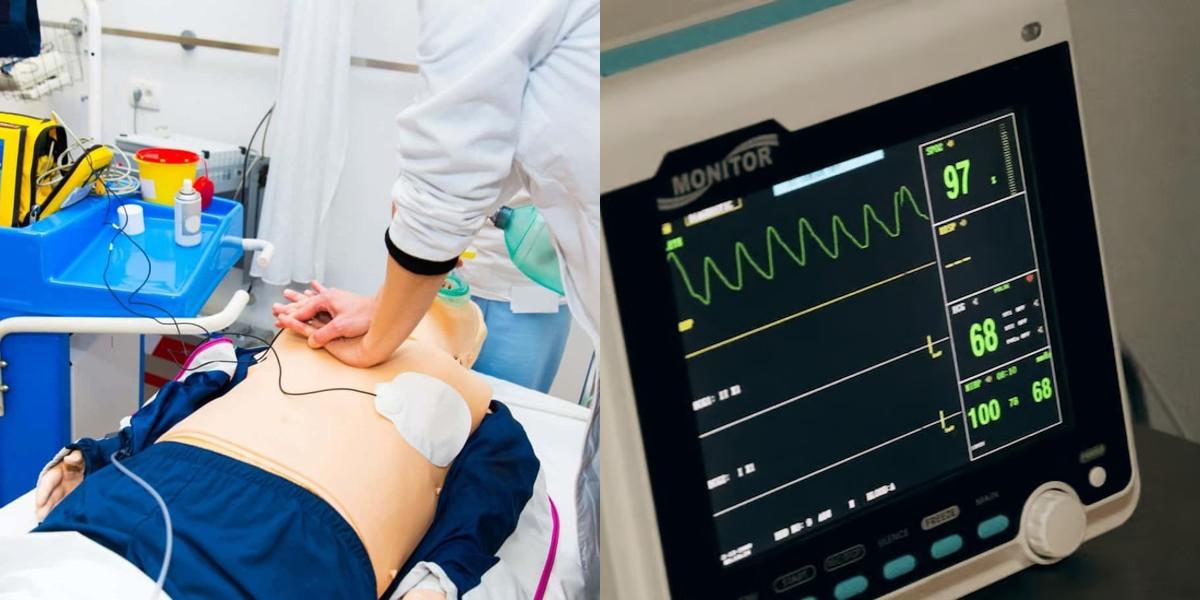ACLS vs EKG

Key Points:
- ACLS technicians specialize in emergency cardiac care; EKG technicians focus on heart monitoring using electrocardiogram equipment.
- ACLS technicians generally earn higher salaries than EKG technicians.
- ACLS training is more intensive and in-person, while EKG training can be completed online or in-person.
Discover the key differences between ACLS and EKG technician roles in healthcare, from job responsibilities and training requirements to career outlook and salary potential. Find out which path suits your goals.
ACLS Technician
To become an ACLS technician:
- Complete a postsecondary certificate in ACLS.
- Training programs focus on cardiac anatomy, emergency protocols, CPR, and medication administration.
- Obtain additional certifications, such as Basic Life Support (BLS) and Advanced Cardiovascular Life Support (ACLS), which may be required by employers.
EKG Technician
To become an EKG technician:
- Earn a postsecondary certificate or complete on-the-job training.
- Programs cover EKG interpretation, medical terminology, anatomy, and equipment operation.
- Certification through organizations like the American Society of Phlebotomy Technicians or Cardiovascular Credentialing International may enhance job prospects.
ACLS vs EKG: Career Outlook and Salary
ACLS Technician
- Career Outlook: Strong, with demand driven by an aging population and rising cardiac care needs.
- Salary: The median annual wage for cardiovascular technologists and technicians, including ACLS roles, was $53,180 in 2023 (BLS).
EKG Technician
- Career Outlook: Steady growth due to increased diagnostic testing needs in an aging population.
- Salary: Median annual wage aligns with cardiovascular technologists and technicians at $66,170 in 2023 (BLS).
Final Thoughts
Both ACLS and EKG technician roles offer rewarding opportunities in healthcare, contributing to heart health and patient outcomes. The choice between them depends on your interest in emergency care versus diagnostic testing, your desired level of patient interaction, and your preferred work environment. Whether you pursue ACLS or EKG certification, both paths provide meaningful ways to support patients and make a difference in cardiology.
Dreambound offers accessible educational programs in diverse locations. For more details on these careers, visit:
Dreambound is your partner in navigating these career paths and making informed choices.

Pia Yapjoco is part of the school growth and sales team at Dreambound. She helps facilitate school partnerships that expand educational opportunities for aspiring students in allied health and other trades. Beyond work, she curates her pup's Instagram, hunts for hidden coffee gems, and escapes into cozy gaming.




